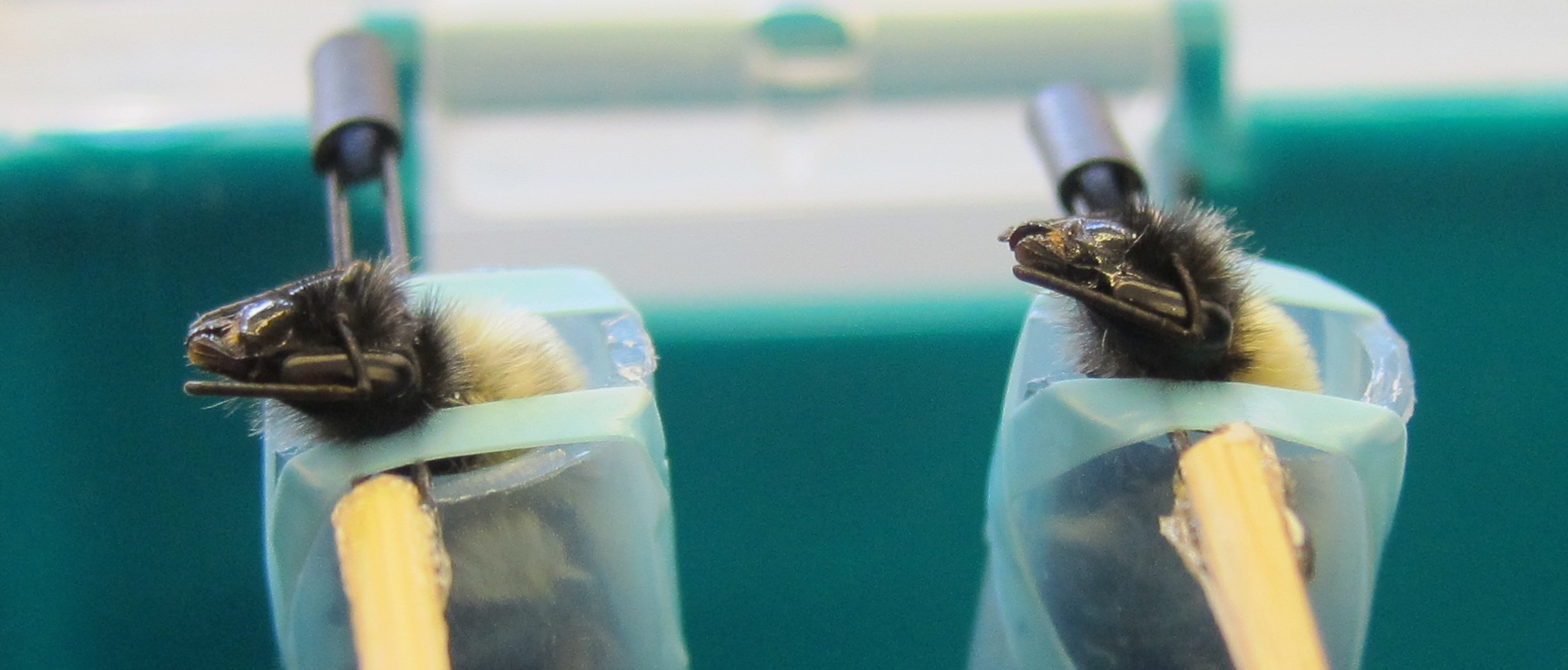Spring update
Anne Leonard
Eventually…
As the latest snowstorm heads into town, we’re starting to make plans for Spring/Summer 2019, which include:
Saying farewell :( to Dr. Felicity Muth, who is heading to start her own lab at UT Austin :)
Attending the 2019 International Pollinator Conference (UC Davis) and giving talks at Evolution
Beginning sabbatical leave!
It’s been a busy and productive year so far, with USDA-funded new postdoctoral researcher Sarah Richman joining the lab, and new PhD student Anna Tatarko starting up electrophysiological experiments with Dennis Mathew. The past few months have also seen a new paper out on how pollen fatty acids influence bee learning, and (very shortly) we think our first in a series of neonicotinoid papers written by Felicity Muth will be out. Stay tuned!










